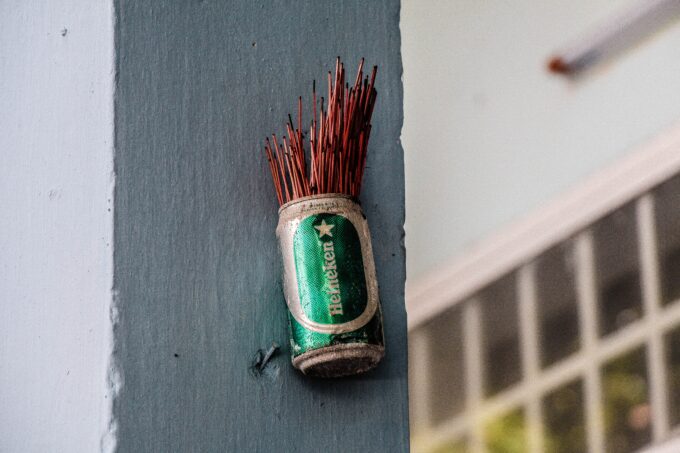
Introduction:
House flipping has become a popular investment strategy for many individuals looking to capitalize on the real estate market. It involves purchasing a property, making improvements, and then selling it for a profit. However, one of the most critical aspects of this venture is securing adequate financing to purchase and renovate the property. A common question that arises is, “Can I get a mortgage on a flip?” In this article, we’ll delve into the intricacies of obtaining a mortgage for a flip and what lenders typically look for when considering such applications.
Understanding the Basics of House Flipping
Before we address the possibility of obtaining a mortgage for a flip, it’s essential to understand what house flipping entails. Flipping a house means buying a property with the intent of selling it for a profit within a short time frame, often after making significant improvements. The success of a flip depends on purchasing at the right price, accurately estimating renovation costs, executing the improvements efficiently, and selling the property at a market-appropriate price.
The Challenge with Traditional Mortgages
Traditional mortgages are designed for homeowners who plan to live in the property for an extended period. Lenders often have specific requirements such as a down payment, proof of stable income, and a good credit score. However, traditional mortgages typically come with occupancy requirements, meaning the borrower must intend to live in the property for a certain period. This stipulation makes it challenging to use a traditional mortgage for flipping purposes.
Alternative Financing Options for Flippers
“Can I get a mortgage on a flip?” It’s a question that leads many investors to explore alternative financing options. Here are some of the routes flippers can take:
– Hard Money Loans: Hard money lenders focus on the property’s value rather than the borrower’s creditworthiness. These loans have shorter terms and higher interest rates but can be obtained quickly, which is beneficial for flippers.
– Private Money Loans: Similar to hard money loans, private money loans come from individual investors or groups interested in funding real estate investments. They offer flexible terms, and the relationship with the lender can be more personal.
– Home Equity Lines of Credit (HELOC): If you already own a property with significant equity, you could take out a HELOC to finance your flip. This option typically comes with lower interest rates compared to hard money loans.
– Bridge Loans: Bridge loans are short-term loans that can bridge the gap between the purchase of a new property and the sale of an existing one. They can be useful for flippers who need to act quickly on a property purchase.
– Investment Property Mortgages: Some lenders offer mortgages specifically for investment properties. These may come with different terms and requirements than primary residence mortgages and could be an option for a flip.
The Role of Cash in Flipping
While the question “Can I get a mortgage on a flip?” is valid, the reality is that many successful house flippers use cash to purchase properties. Cash offers can be more attractive to sellers, as they often allow for quicker closings without the contingencies that come with financing. Additionally, using cash removes interest payments from the equation, potentially increasing the profit margin on a flip.
Evaluating Lenders for House Flip Mortgages
When exploring mortgage options for a flip, it’s crucial to evaluate lenders based on their experience with real estate investments and their willingness to loan on such projects. Look for lenders who understand the flipping process and can offer products tailored to short-term real estate investments.
Preparing to Apply for a Mortgage on a Flip
If you decide to pursue a mortgage for your flip, preparation is key. Here are some steps to take:
– Improve Your Credit Score: A higher credit score can increase your chances of loan approval and better interest rates.
– Document Your Income: Lenders will want to see proof of your ability to repay the loan, so have your financial documents in order.
– Create a Detailed Business Plan: Present a thorough plan for your flip, including purchase price, renovation budget, timeline, and expected sale price.
– Build a Real Estate Portfolio: If you’ve completed successful flips in the past, document them to show lenders your experience and success rate.
– Be Prepared for a Down Payment: Lenders may require a larger down payment for a flip mortgage due to the increased risk.
Understanding the Risks and Rewards of Flipping
Flipping houses can be lucrative, but it also comes with significant risks. Market conditions can change, renovations can uncover unexpected problems, and the property may not sell for the anticipated price. It’s essential to weigh the potential rewards against the risks and have a contingency plan in case things don’t go as expected.
Conclusion:
“Can I get a mortgage on a flip?” is a question with complex answers. While it’s possible to secure financing for a house flip, the process is different from obtaining a traditional mortgage. Hard money loans, private money loans, HELOCs, bridge loans, and investment property mortgages are all potential options for those looking to enter the flipping market. However, using cash when possible can simplify the process and potentially increase profits. Regardless of the financing route chosen, preparation, a solid business plan, and an understanding of the risks are critical components of successful house flipping. With the right approach and due diligence, investors can secure the necessary funds to flip houses and achieve their real estate investment goals.
